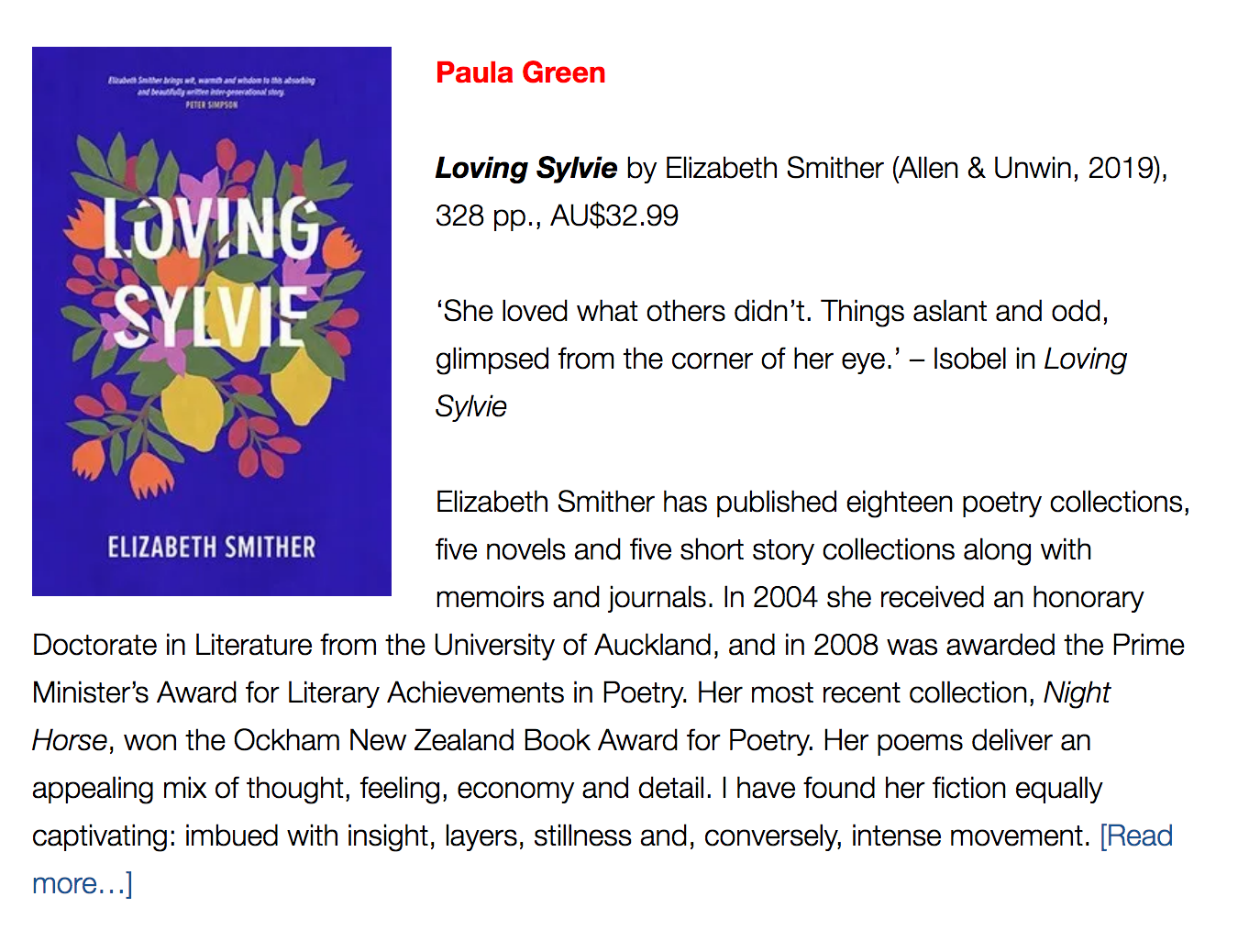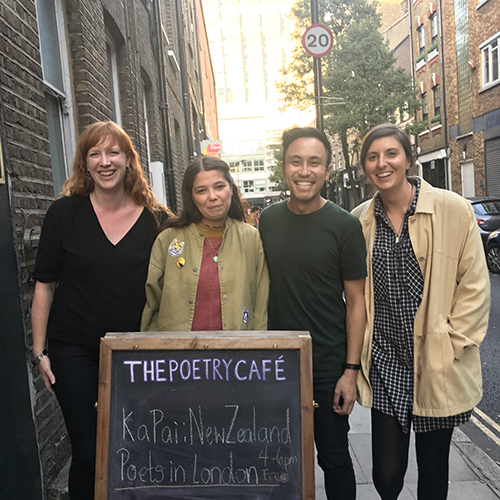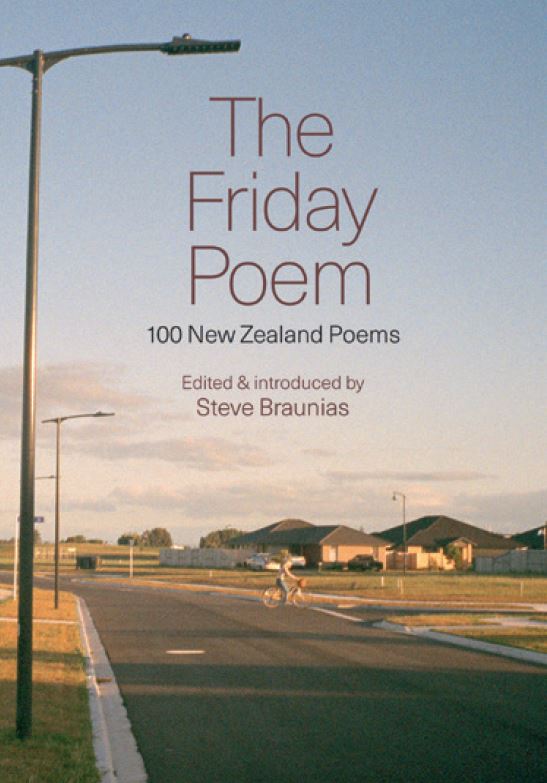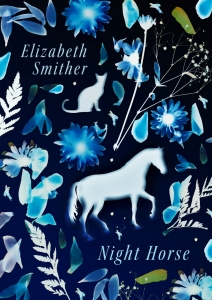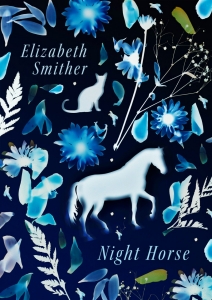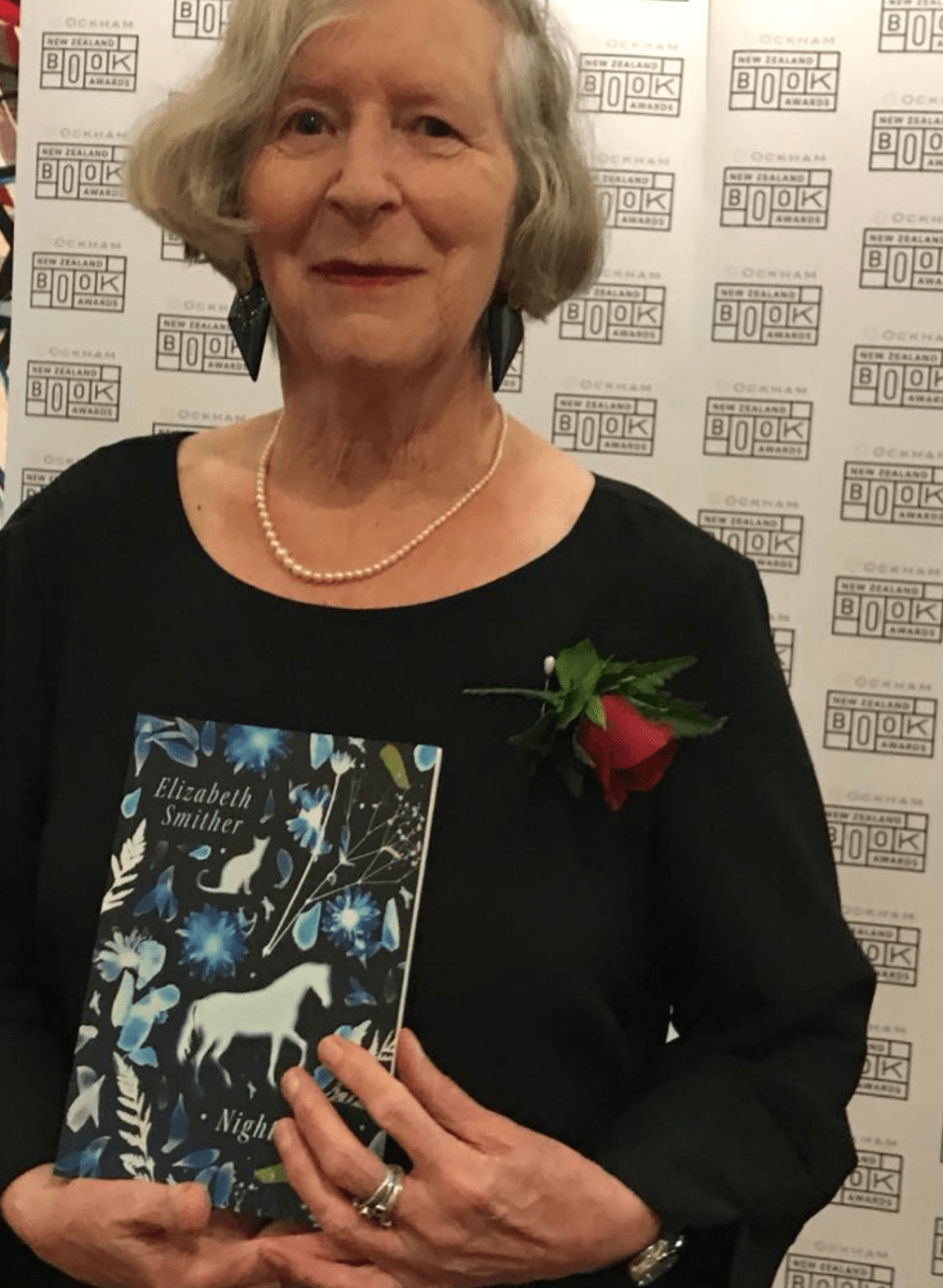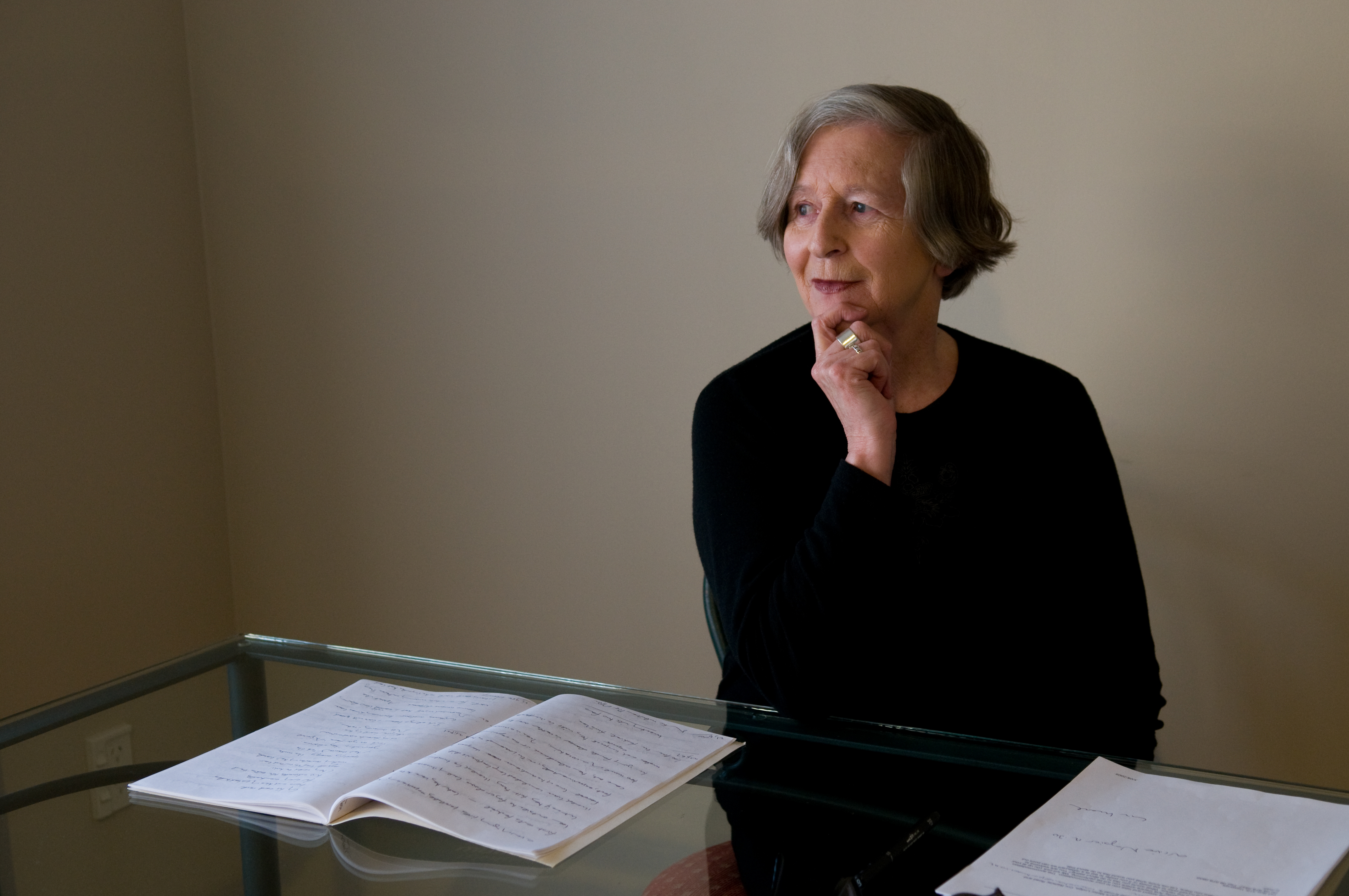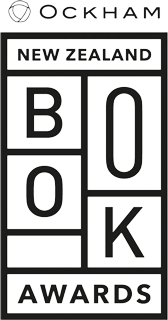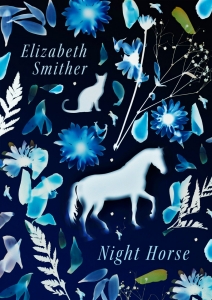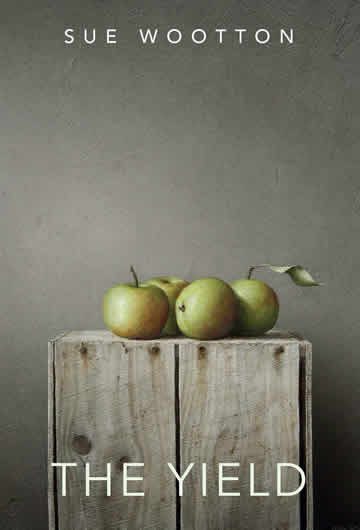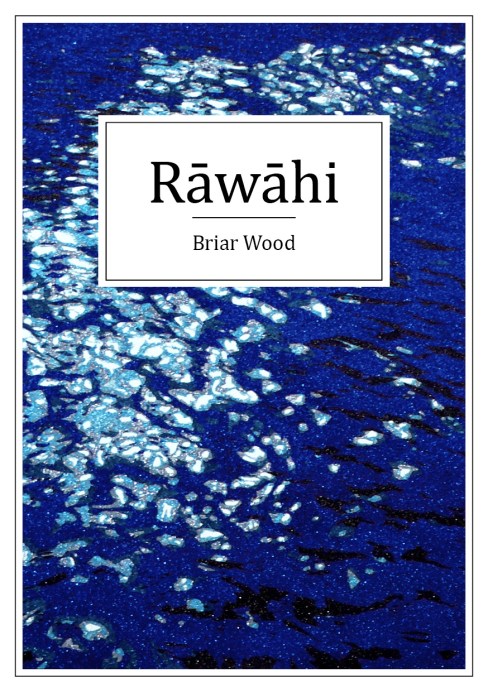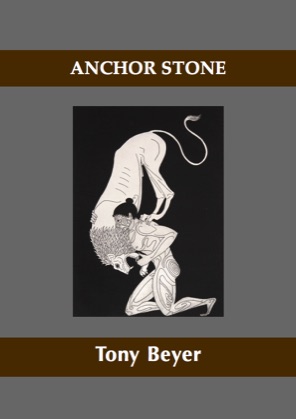
Oven baked salmon
I like my fat cooking pot
I like my fat wild heart
Paula Green, from Cookhouse, Auckland University Press, 1997
My theme-season introductions seem like miniature self confessions on life and poetry. Crikey! I always have much to say about food and poetry because I love cooking and I love writing. My first book Cookhouse got scathing reviews either for being too domestic or for being too experimental. I walked around the supermarket on a Sunday morning reading the first review of my first book saying OMG OMG OMG. It was my first lesson as a writer: leave reviews with the person who wrote them. Just get on with what you love. A few weeks later I opened the Listener and there was a photograph of Cookhouse on the recipe page with a Marcella Hazan cookbook ( I loved her recipes!). Plus one of my poems, sitting on the page like a recipe. That was my second lesson as a writer. Your books and poetry find their way into surprising places and you will never know how your poetry touches people. Although sometimes you get an inkling: a stranger might walk up to you, or send an email or a card, and surprise you (in a good way!).
I can’t keep food out of my poetry and I am equally drawn to writers with similar intent. It is one reason I am such a fan of Nina Mingya Powle’s poetry. Her poems lead in multiple directions but the sensual hooks are often sparked by food. Ian Wedde is the same. I adore The Commonplace Odes. It has always mattered what food I put in my body, and it is a bit the same with with poetry. I want to cook a meal that tastes good and I want poetry that satisfies my reading tastebuds whether I am writing or reviewing. In fact don’t call me a reviewer please. And I am not actually very kind. I simply love reading poetry and sharing my engagements. Just as I love cooking a meal every night for my family.
The poems selected are not so much about food but revel in a presence of food to varying degrees. Grateful thanks to the publishers and poets who continue to support my season of themes.
The Poems
De-stringing beans
A mountain of runner beans
to top and tail and de-string.
She decides to do it for them: her sons
so they will be eaten this evening
sliced into green splinters
with pink seeds showing through.
Easier to sit than stand. Her best profile
towards the door when her son appears.
She wants to disguise how content she is.
The stringy edges, tops and tails, in a dish
the beans growing, like a mountain of shoes
later to be wrapped in tinfoil
roughly divided into two.
No one else in the family will eat them.
In an article it says they are underrated
almost despised as a vegetable
underestimated on two counts
or three: first the vigorous way
they climb, clamber to the sun
second they are rich in iron
and last and best: this contentment
so rarely found, except in
a painting of a woman pouring from a jug
someone bathing someone in a tub
this mountainous-seeming task
calming with each stroke of the knife.
Elizabeth Smither
little walnuts
served from across the seas
in a tin or a jar, fished from suitcases
presented
with grandmotherly dimples
little walnuts – xiao he tao
proudly, good for brain.
except neurons are firing
in staccato, half-
forgotten Mandarin.
they manage xie xie and dutifully
I eat them.
I forget why I ask for these –
the carnage of shells
scraps of brown meat
and a strange invasion staged
on my tongue – slow
and clumsy muscle.
I am quick to rise – you do not get to comment on what’s in my lunch box –
but just as quick to pick
the yolks of my too-dry lotus mooncakes –
discarded suns
of a world in hieroglyphs.
and when I have counted
waves of sleep – yi, er, san –
I don’t dream in the same vowels.
what can I bring back for you?
her smile like furls of steaming jasmine tea
amidst clamouring children
hawking their wants like roadside wares
or suitcase wheels clicking on concrete
destined for smog and skyscrapers.
I always ask for my little walnuts.
*Little walnut or xiao he tao is a particular kind of Chinese walnut with a distinct sweet-salty flavour.
Joy Tong
from A Clear Dawn: New Asian Voices from Aotearoa New Zealand, eds Paula Morris and Alison Wong, Auckland University Press, 2021
The proper way to make tea
It is a cold dry day in late November.
I take the Jubilee line
to Bond Street
change for Mile End
and wait for the District line
to slowly deposit me at East Ham.
She peers through the glass door
small and wrinkled
like a nut.
We both smile.
The worn aluminium pan on the stove is waiting
thick slices of white bread brown.
A faint smell of gas
and toast
and warm kitchen air.
A stainless-steel container of yoghurt
made last night
sets quietly on the bench.
Two leftover rotli
press into each other
in the tin.
She pours milk, water
and heaped teaspoons of
tea leaves and sugar
into the pan.
Her tiny body
stands watchfully
as she nudges the heat.
Reaching for the mugs
her sari slips off her shoulder.
She tugs it back and the milk
erupts
upward and outward
the creamy brown foam
puffing up
a breaking wave flecked with dark seaweed.
Our wooden chairs creak
muffled voices
rumble through the wall
butter soaks the toast.
We sit together
mugs of chai between us
steam mingling like breath.
from A Clear Dawn: New Asian Voices from Aotearoa New Zealand, eds Paula Morris and Alison Wong, Auckland University Press, 2021
With Nectarines
to Claire Beynon
A cob loaf rests on a surface,
perhaps a table, an altar, a jetty,
that reaches over a shoreline toward dark water
and the approaching edge of night.
Out there an indigo quiet where the sky lowers to sea,
clouds shouldering weight of storm to come;
a hint of beach, airborne flicks of white,
where seabirds swoop for fish and scraps.
On this side of a sill,
the bread, and a bowl of tawny nectarines
occupy foreground that’s human with light,
with hearth-glow in the corner,
tended against incoming cold.
The bread is warm from the oven,
the fruit ripe, and the room that extends
from the canvas edge into my lived space
where the painting hangs, included as offering
to the sombre air,
to anyone who comes to this threshold, empty.
Carolyn McCurdie
Super Wine
The news is early or his clock is slow,
so he grabs his mug of tea and pops
a biscuit in his pocket,
the top pocket of a faded old coat.
It’s a wreck of a thing, this coat of his.
a shamefully limp and grubby article,
but he wears it through the news and Campbell Live
and on into the night,
and he wears it when he leaves his little flat
and slips up the lane and out into the park
and lights a cigarette
(his skinny nine-o’clocker
and the last of the day).
And he smells the smells of mown grass and woodsmoke,
and he walks across the park towards the lights,
the lights of the houses on the hill,
secular stars of silver and orange,
and he walks beneath the frosty stars themselves,
this unmarried, unmended man,
this unmarried, not-unhappy Earthling,
A Super Wine forgotten in his pocket.
Geoff Cochrane
from Pocket Edition, Victoria University Press, 2009
If you love me you’ll buy Bluff oysters and cook asparagus. Even though I don’t like either.
for Kirsten Holst, for feeding me many good things
and for Alison and Peter, for their Bluff oysters and asparagus
When I am no longer who I was
I can only hope that I will be loved by someone
so much that every day during Bluff oyster season
they will buy me a dozen Bluff oysters.
Even though they don’t like Bluff oysters
they will buy them for me
and every day I will exclaim
“I can’t even remember the last time I had Bluff oysters!”;
they will nod at the extreme length of time it has been.
When I am no longer who I was
and when Bluff oyster season is over
I can only hope that I will be loved by someone so much
they will cook me freshly picked asparagus every day.
Even though they don’t like asparagus
they will grow it for me and pick it for me
and lightly steam it
so that I can relish it served with hollandaise sauce
(although some days more lazily served with butter and lemon).
I will eat it with my fingers
and let the sauce (or butter) dribble down my chin;
no one will mind or tell me to be less messy
it will just be moments of edible joy.
In reality I don’t like Bluff oysters (or any oysters)
and I can’t stand asparagus (the taste and texture are disturbing);
I can only hope that maybe someone will love me enough
to buy and cook me the things that I love
even though they hate them, even though I won’t remember.
Paula Harris
the great pumpkin war
standing in the kitchen crying
beaten by a vegetable
thought by now it would be easier
people have suggested this (people i trust)
the myth of progress
you do something every day it gets easier
in reality each day the dirt accrues
it multiplies between cupboard doors
i am running out of resources
i am getting further & further into
the ten-year warranty on the fridge compressor
one day soon i will have to pick up the knife
& address the pumpkin in the room
bought so cheaply from the farmers’ market
now growing larger by the day
taking up all the bench space
i fear for the fruit bowl
my mother says to drop it from a height
she throws hers down the stone garden steps
my previous attempt resulted in
20 minutes lost to searching for an unscathed pumpkin
trying to break open a pumpkin at night
is like starting a winter war in russia
i am letting everything get out of control
i sleep knowing it is getting worse
i do not think i can win at this
i do not think i can carry on in any capacity
Rhys Feeney
from AUP New Poets 7, ed Anna Jackson, Auckland University Press, 2020
The Cheese Scone Recipe as Promised
What’s the secret, people ask,
why do your students return
year after year to your class?
Cheese scones, I say, crisp
on the outside, soft inside
like all good characters. First,
turn up the heat, 200 degrees
should do it. Next, sift two cups
of self-rising flour, holding the sieve
high, letting the flour fall like snow
in the air, then add a heaped half
teaspoon each of salt, mustard powder
and a good pinch of cayenne for a lick
of fire. Stir and rub in 30 grams
of butter. If in a hurry, as I usually am,
you can grate the butter or cheat
with the food processor,
but do not go all the way, stop
at the crumbly stage, add 75 grams
of grated cheese, then beat a large egg,
with about 75 mils of buttermilk,
(if you have none, add lemon juice to milk,
rest it for ten minutes). Breaking
the drought pour into the dry ingredients,
mixing first with a knife, then lightly
with your hands to bring the soft dough
together. If it seems too dry
add more buttermilk, but like
it’s a newborn and precious, go easy
with your handling, remembering
scones and poems need a light touch.
Cool hands, my mother said,
though mine have always been hot.
Roll the dough out in a rough circle,
not too thin, about 2.5 cm thick.
With students due any minute,
I usually take the lazy way, divide
it roughly into 8 triangles but you might
be wanting to impress your mother
or daughter-in-law, and have the time
and the aesthetic sense for fluted cutters.
Appearance improves the taste
so brush the tops with milk, sprinkle
on a little grated cheese, and a dusting
of cayenne. Bake on a high shelf
for about 15 minutes till golden
and irresistible. Making scones
is not dissimilar to crafting a poem,
you need to pay attention to detail,
measuring, mixing, letting in air,
but there the recipe ends.
What I haven’t talked of can not
like metaphor, be quantified, the secret is
to bring to the process, a little of you.
Diane Brown
the children open their
lunch boxes to each other
a ham sandwich
for a Fijian fried egg and three cassava sticks
a mini feta quiche
for a South Indian roti parcel stuffed
with cumin and okra
a tub of yogurt
for a Middle Eastern pouch of semolina
sautéed in ghee and cardomens
a celery stick
for a Tongan plantation ladyfinger banana
a juice box for
fresh Kiribati island toddy
the wooden decks approve
their slats on standby to suck evidence
of sharing and spit them into the crawl space
beneath the salivating joists
it’s the allergies
the adults
the food policies
and
the way fear feeds us all
Mere Taito
P r o p e r t i e s
You’ll need oil –
For your forehead on Ash Wednesday, for the insides and outsides
of your palms. For sore inner ears and lifeless hair. For removing
the evil eye – that’s the most important. Though not one in the family
knows the ritual, better to be with, than without.
Grapes and leaves –
For your rice and pinenuts, for your grape jelly.
And ash –
For the grape jelly – vine cinders to be precise. For holy crosses
over the front doors of your houses or workplaces. For the bottoms
of incense holders – hubris to clear it out.
Rose petals –
For gravestones, but mostly for the preserve that fits into a spoon
followed by icy water.
Water –
From the priest, for drinking in the first month of the year
and sprinkling in every room. For keeping in the fridge thereafter.
For putting chamomile into – tea or warm compresses.
Garlic –
For everything. For mashing up and applying with honey to sores.
For rubbing on styes. For wrapping in bread and swallowing whole
when feverish. For shooing away evil by saying the word alone –
along with a spitting sound.
Vana Mansiadis
from Ithaca Island Bay Leaves: A Mythistorima, Seraph Press, 2009
1.2 To the cookbook
Turning east, I drove towards blue grey
Mountains down which cloud crawled
From summits which were already sky. High in it
A glare like grubby porcelain told me that morning
Was advanced. The nibbled winter paddocks were over-
Written in a language no one had ever taught me:
Glottal, almost choking, wet. Lines
Of leafless shelter-belt enwrapped the shorter
Rows of berryfruit trellises in need
Of pruning. My destination: an art gallery.
My mission: to speak about art and poetry.
It was going to be all over before I got there.
Quintus Horatius Flaccus, help me
In my hour of need, help me turn my back
on landscape that wants to be art, on poetry with feet
Of clay. The lovely world has everything I need,
It has my kids, my sweetheart, my friends, it has a new book
With mouth-watering risotto recipes in it,
The kind of plump rice you might have relished,
Horace, in the Sabine noon, yellowed with saffron.
‘The zen poet’ is another of you, he wrote a poem
About making stew in the desert which changed my life.
A good cookbook is as good as a book of poems
Any day, because it can’t be more pretentious
Than the produce you savour with friends as night falls.
Ian Wedde
from The Common Place Odes, Auckland University Press, 2001
Custard
When I was smaller than the family dog,
Dad would tell Mum
that he was taking me to kōhanga.
Then we’d go to the bakery
and get as many custard pies
as we could handle.
Park up by the river,
talk,
eat,
listen to the radio a while.
He’d light one up
as fat as the mighty brown trout,
captured and killed
and lull me to sleep
with a puku full of custard
in his red van
with all his windows up.
Now I am grown
and you ask me to explain something you said.
My eyes glaze
and all I can see is that
red van,
pastry flakes resting
in the corners of my sleeping mouth.
Ruby Solly
from Tōku Pāpā, Victoria University Press, 2021
The Poets
Diane Brown is a novelist, memoirist, and poet who runs Creative Writing Dunedin, teaching fiction, memoir and poetry. She is the Poetry Editor for ‘The Mix’ in the Otago Daily Times. Her latest book is a poetic novella, Every Now and Then I Have Another Child, Otago University Press 2020.
Geoff Cochrane is the author of 19 collections of poetry, mostly recently Chosen (2020), two novels, and Astonished Dice: Collected Short Stories (2014). In 2009 he was awarded the Janet Frame Prize for Poetry, in 2010 the inaugural Nigel Cox Unity Books Award, and in 2014 an Arts Foundation of New Zealand Laureate Award.
Rhys Feeney is a high school teacher in Te Whanganui-a-Tara. You can buy Rhys’ debut collection, “soyboy,” as part of AUP New Poets 7
Paula Harris lives in Palmerston North, where she writes and sleeps in a lot, because that’s what depression makes you do. She won the 2018 Janet B. McCabe Poetry Prize and the 2017 Lilian Ida Smith Award. Her writing has been published in various journals, including The Sun, Hobart, Passages North, New Ohio Review and Aotearotica. She is extremely fond of dark chocolate, shoes and hoarding fabric. website: www.paulaharris.co.nz | Twitter: @paulaoffkilter | Instagram: @paulaharris_poet | Facebook: @paulaharrispoet]
Vana Manasiadis is Greek-New Zealand poet and translator born in Te Whanganui-a-Tara and based in Tāmaki Makaurau after many years living in Kirihi Greece. She is 2021 Ursula Bethell Writer-in-Residence at Te Whare Wanaga o Waitaha Canterbury University. Her most recent book was The Grief Almanac: A Sequel.
Carolyn McCurdie is a Dunedin writer, mostly of poetry and fiction. Her poetry collection ‘Bones in the Octagon’ was published by Makaro Press in 2015.
Neema Singh is a poet from Christchurch of Gujarati Indian descent. Her work appears in Ko Aotearoa Tātou: We Are New Zealand(2020) and A Clear Dawn: New Asian Voices from Aotearoa New Zealand (2021) and she is currently working on her first collection of poetry, a series of poems unfolding the layers of culture, identity and history contained within ordinary moments. Neema is an experienced secondary school English teacher and holds a Master of Creative Writing from The University of Auckland.
Elizabeth Smither ‘s new collection of stories: ‘The Piano Girls’ will be published in May by Quentin Wilson Publishing.
Ruby Solly (Kāi Tahu, Waitaha, Kāti Māmoe) is a writer, musician and taonga pūoro practitioner living in Pōneke. She has been published in journals such as Landfall, Starling and Sport, among others. In 2020 she released her debut album, Pōneke, which looks at the soundscapes of Wellington’s past, present and future through the use of taonga pūoro, cello, and environmental sounds. She is currently completing a PhD in public health, focusing on the use of taonga pūoro in hauora Māori. Tōku Pāpā, published in Februrary 2021, is her first book.
Mere Taito is a poet living and working in Kirikiriroa.She is interested in the way poetry can be used to revitalise minority Indigenous languages like Fäeag Rotuạm ta.
Joy Tong picks wildflowers from neighbours’ fences, pets strangers’ dogs and chases stories in the streets. She’s a student, musician and writer from Tāmaki Makaurau and her other works can be found in Landfall, Mayhem and Starling, as well as A Clear Dawn, an anthology for NZ-Asian voices.
Ian Wedde was born in Blenheim, New Zealand, in 1946. He lives with his wife Donna Malane in Auckland. ‘To the cookbook’ is from a sequence called The Commonplace Odes, published as a book by Auckland University Press in 2001. He was New Zealand Poet Laureate in 2011.
Ten poems about clouds
Twelve poems about ice
Ten poems about dreaming
Eleven poems about the moon
Twelve poems about knitting
Ten poems about water
Twelve poems about faraway
Fourteen poems about walking

